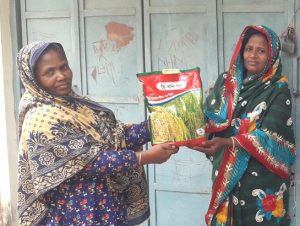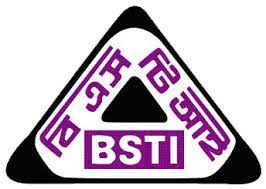Around the world, there is a major shift in dietary patterns underway towards uniformity. This ‘global dietary transition’ phenomenon is historically unprecedented and is occurring fastest in the urban areas of developing countries. About 3 billion people currently have low-quality diets based on a small number of plant and animal species. Their increasingly uniform diets either lack sufficient calories, minerals and vitamins or contain too many energy-dense, nutrient-poor foods that are high in fat, salt and sugar. All strata of society are affected. A recent article focuses on the contributions that agroecology can make to dietary diversity and high-quality human diets by promoting more biodiverse, equitable and sustainable food systems.
It provides examples of agroecological practices that increase the availability of and access to dietary diversity from the field to plate:
1. Diversifying species, crop varieties and livestock breeds in the agroecosystem, including integrating crops, trees and livestock at the field and wider landscape levels
2. Strengthening the ‘immune system’ of agricultural systems through the enhancement of functional biodiversity by creating appropriate habitats for the natural enemies of pests, allelopathy and antagonists and through adaptive management
3. Enhancing beneficial biological interactions and synergies throughout the system and among the components of agro-biodiversity, thereby promoting key ecological processes for sustainable production and resilience to stresses and shocks
4. Creating favourable soil conditions for plant growth and recycling nutrients, particularly by managing organic matter and enhancing soil biological activity
5. Enhancing the conservation and regeneration of soil, water and agro-biodiversity on the farm and neighbouring landscape, as well as the watershed
6. Building agroecological markets that re-localise production and consumption to facilitate dietary diversity
The authors stress that agroecology should not be seen as a ‘technical fix’ by policymakers. Diversity on the farm does not automatically lead to diversity on the plate. Gender-equitable rights of access and use of land, trees and their products, water and seeds, as well as socially inclusive forms of economic exchange, are all needed in addition to shifts in the balance of power and entitlements to realise the right to food and nutrition for all. In addition to more funding and policy support for agroecology, deep structural changes in wider society are needed if equity and non-discrimination are to drive dietary diversity for good nutrition. This transformation calls for a clear commitment to a politics of democracy and inclusion, gender justice and freedom.
– Third World Network
Ref: https://www.unscn.org/uploads/web/news/UNSCN-News43.pdf




